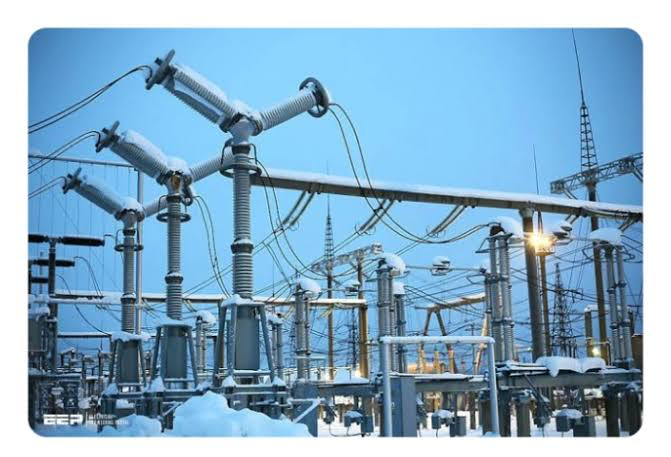The West African Power Pool (WAPPO) has announced a $156 million annual budget for its 330kV North Core power transmission project, which aims to connect Nigeria with four other West African countries.
The project, which is estimated to cost about $568 million, will involve the construction of approximately 880km of 330kV and 33km of 225kV of high voltage transmission line linking Nigeria to Niger, Benin Republic, Burkina Faso and Togo. The project is expected to facilitate energy exchanges in the sub-region, provide technical assistance to foster commercial exchange agreements among its participants, and expand access to electricity for populations living along the transmission line.
However, the project faces significant security challenges, as the region has been plagued by armed conflicts, terrorist attacks, and political instability. The secretary general of WAPP, Mr. Siengui Apollinaire, said that the security issues have delayed the project’s completion, which was initially planned for 2024.
“When we started the work, we were thinking about two years to conclude the project, but you know the region has been confronted with security issues. The war in countries like Burkina Faso is a big challenge for us. We have to put in place some strategies to be able to continue the project. So the project was delayed. Sure we will not be able to conclude this in two years but we hope to make it in three years. That is rather than concluding it in 2024. I think we may be able to finish it by 2025,” he said.
He added that the commitment of the concerned states in the field of security is essential for the project’s success, and urged all stakeholders to work together to overcome the security challenges.
The North Core project is part of the larger West African Power Pool initiative, which was established in 1999 by the Economic Community of West African States (ECOWAS) to create a regional electricity market and integrate the national power systems of its 14 member countries. The initiative aims to increase the availability and affordability of electricity in the region and reduce the dependence on fossil fuels and the environmental impact of power generation.
The project is funded by the World Bank, African Development Bank, European Union, and Nigeria, and is expected to provide power generation companies in Nigeria an outlet for their over 13,000MW installed capacity, which is currently underutilized due to transmission and distribution constraints.
The project is also seen as a potential catalyst for economic development and social welfare in the region, as it will enable the creation of new industries, businesses, and jobs, and improve the quality of life of millions of people who lack access to reliable and affordable electricity.
According to the World Bank, only 43% of the population in West Africa had access to electricity in 2019, compared to the global average of 90%. The region also has one of the lowest per capita electricity consumption rates in the world, at 181 kWh per year, compared to the global average of 3,127 kWh per year.
The World Bank has pledged to support the WAPP initiative with $1.6 billion in the financing, and has called it “one of the most important and strategic infrastructure projects in Africa”.
The North Core project is one of the several interconnection projects under the WAPP initiative, which also include the OMVG project linking Senegal, Gambia, Guinea, and Guinea-Bissau, the CLSG project linking Cote d’Ivoire, Liberia, Sierra Leone and Guinea, and the WAPP Central Transmission Corridor project linking Nigeria, Benin, Togo, Ghana, Cote d’Ivoire, Liberia and Sierra Leone.
The WAPP initiative is also aligned with the African Union’s Agenda 2063, which envisions a continent with universal access to electricity by 2063, and the United Nations’ Sustainable Development Goal 7, which aims to ensure access to affordable, reliable, sustainable, and modern energy for all by 2030.
Despite the security challenges, the WAPP secretary general expressed optimism that the North Core project will be completed and operational by 2025 and said that it will be a game-changer for the region.
“This project isn’t merely about transmitting electricity; it’s about creating a dynamic, interconnected network that will redefine our energy landscape. The North Core Project’s primary objective goes beyond infrastructure – it aims to catalyze efficient energy trade, encourage commercial exchange agreements, and bring electricity access to communities along the transmission line. Envisioned as a transformative force, this project is the lifeline that will interconnect the destinies of our respective countries. The importance of this initiative transcends borders, echoing the spirit of unity within the ECOWAS region,” he said.
Source: Leadership



